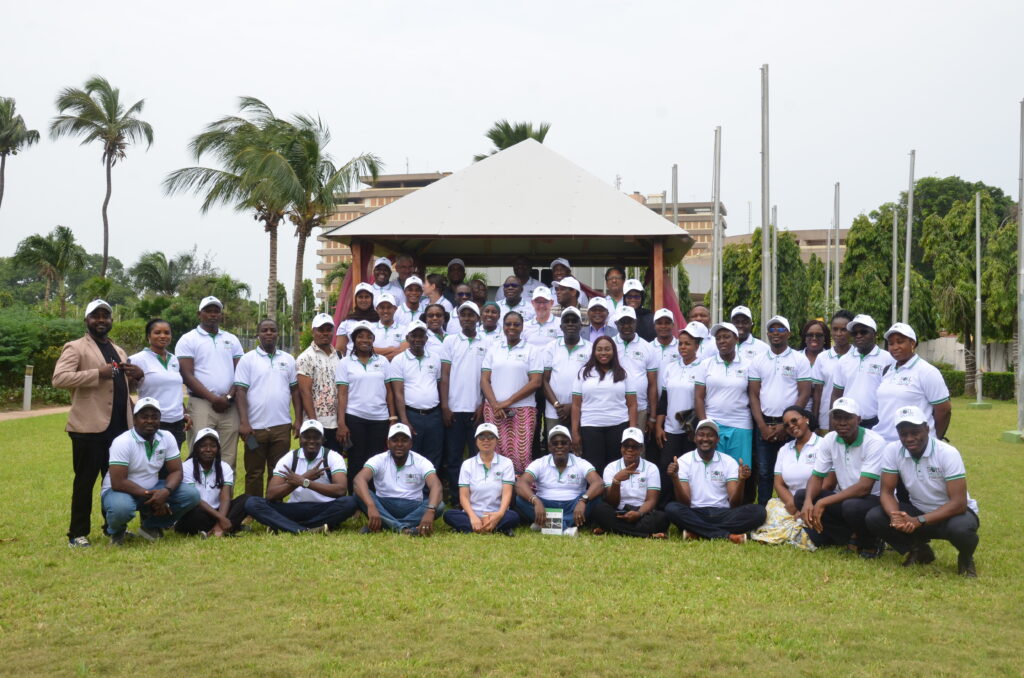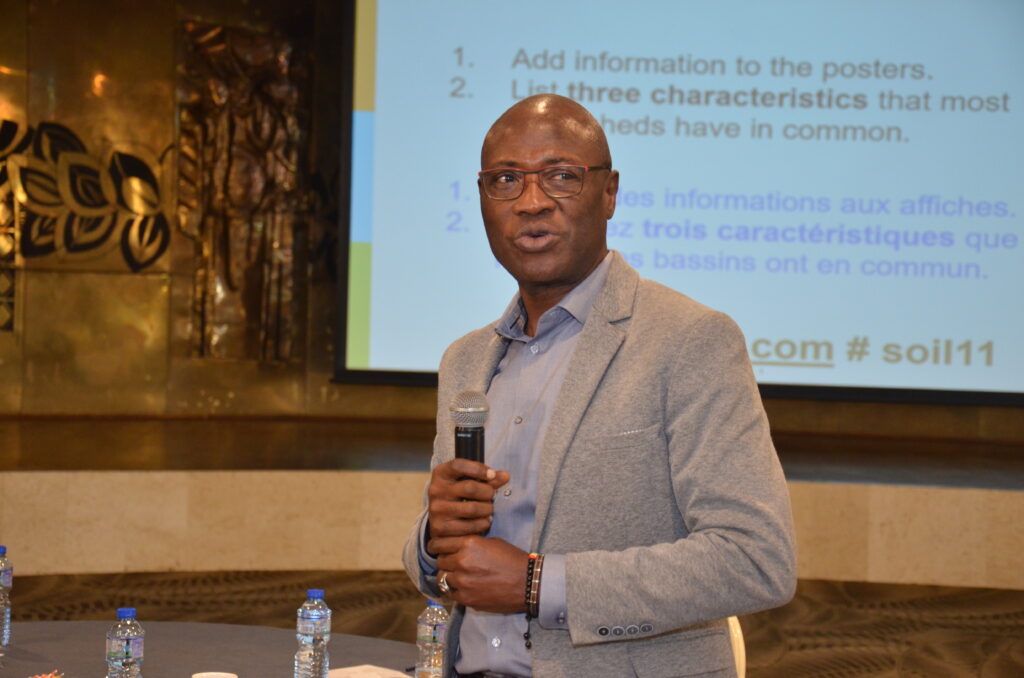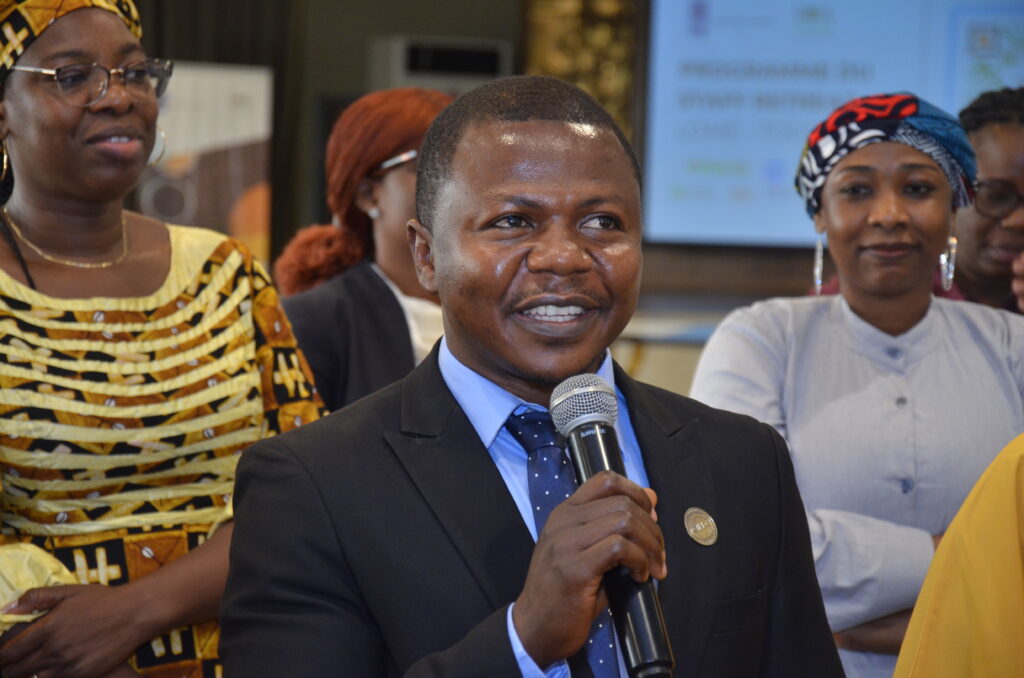
The Soil Values program held its first strategic team retreat in Lomé, Togo, July 1-6. This meeting brought together knowledge partners and teams from the various consortium member institutions. The five days of work enabled the teams involved in the program’s interventions to become acquainted, improve their understanding of the program, strengthen the foundations of sustainable collaboration, and project the program into the future by drafting a plan of activities.
This strategic retreat operationalized the effective implementation of Soil Values, following the official launch of the program on April 16 in Abuja, Nigeria, and the national launches held in each of the implementing countries.
“The retreat is the ideal interface for defining a framework of concrete actions to be implemented collectively by all the technical and national partners. These activities will contribute to improving soil fertility and the production capacity of agricultural land in the countries targeted by the program.”
Dr. Bidjokazo fofana, Soil values director

During the Lomé retreat, the teams planned activities to be carried out during the second half of 2024 and throughout 2025. Consortium members and knowledge partners planned four categories of activities for the remainder of 2024: baseline studies, including watersheds, technologies, and indicators; participatory community consultation workshops to define priority activities in line with Soil Values objectives; strategic meetings to establish the framework for collaboration and leverage at national, regional, and international levels; and capacity assessment and framework development for local, national, and regional institutions. Most of these activities will be carried out near watersheds in the implementation countries of Burkina Faso, Mali, Niger, and northern Nigeria.
During the retreat, several experts provided valuable insights into different areas of intervention of the Soil Values program, enhancing participants understanding. Soil Values Technical Advisor Prem Bindraban gave a presentation to enlighten the audience on the concepts of watersheds and geographical areas drained by rivers and their tributaries.
Deputy Technical Director Dr. Alimata Bandaogo reviewed the program’s areas of intervention, placing particular emphasis on the grouping of agrotechnical and socio-economic interventions in packages adapted to farm conditions, the integration of landscape and watershed elements, and the negotiation of financial instruments. Mariam Balima-Bambara, Gender Equality and Social Inclusion Expert for Soil Values in Burkina Faso, expressed her satisfaction with the work carried out during the retreat, noting that it had provided an opportunity to learn more about the collaboration strategy between the coalition members for the implementation of Soil Values.

The retreat also provided an opportunity for all categories of coalition staff to become acquainted and network for effective collaboration, reinforcing team spirit, which, according to Dr. Fofana, must guide the implementation of activities. The team-building opportunities were invaluable, as Dr. Fofana commented, “The retreat was a unique opportunity for all the teams to strengthen their team spirit, to share moments of conviviality and relaxation together, and to become a dream team.”
Funded by the Directorate-General for International Cooperation (DGIS), the Soil Values program is being implemented over 10 years (2024-2034) by the International Fertilizer Development Center (IFDC), in consortium with SNV and Wageningen University and Research (WUR) and in collaboration with knowledge partners, such as AGRA, the Center for International Forestry Research and World Agroforestry (CIFOR-ICRAF), the International Institute of Tropical Agriculture (IITA), ISRIC – World Soil Information, and the International Water Management Institute (IWMI).




